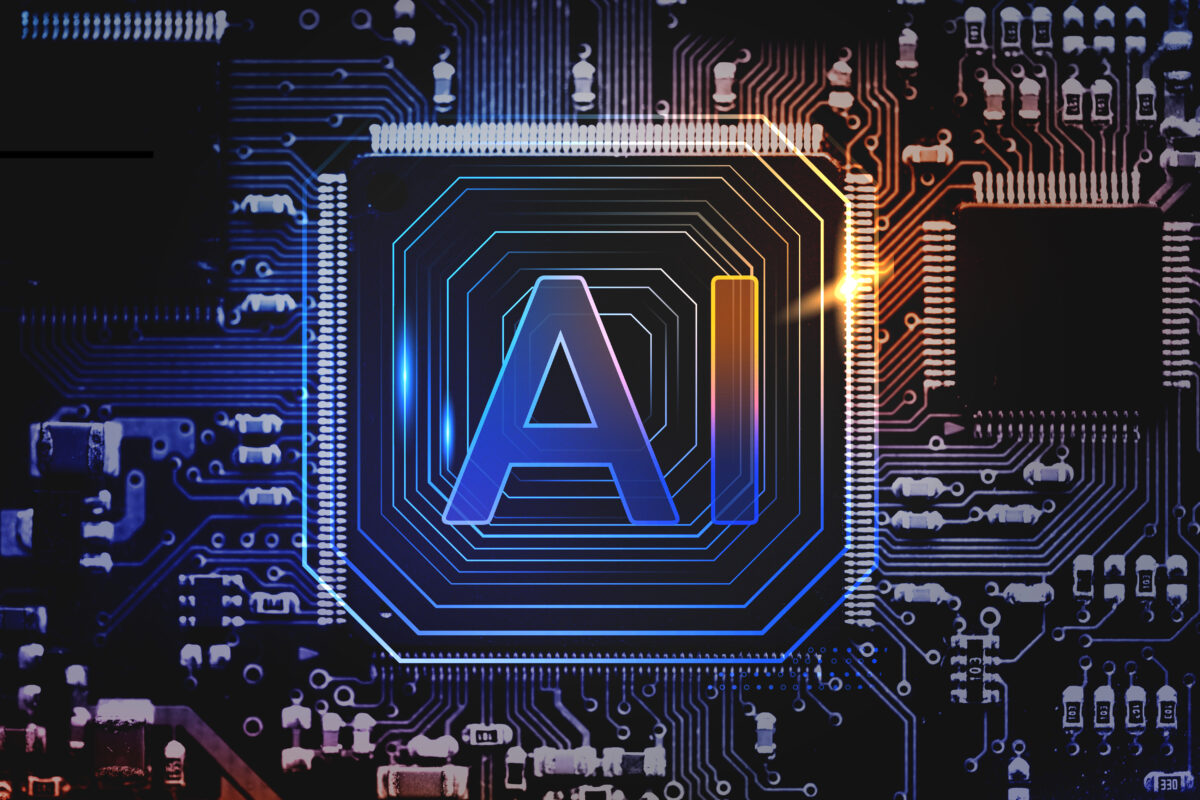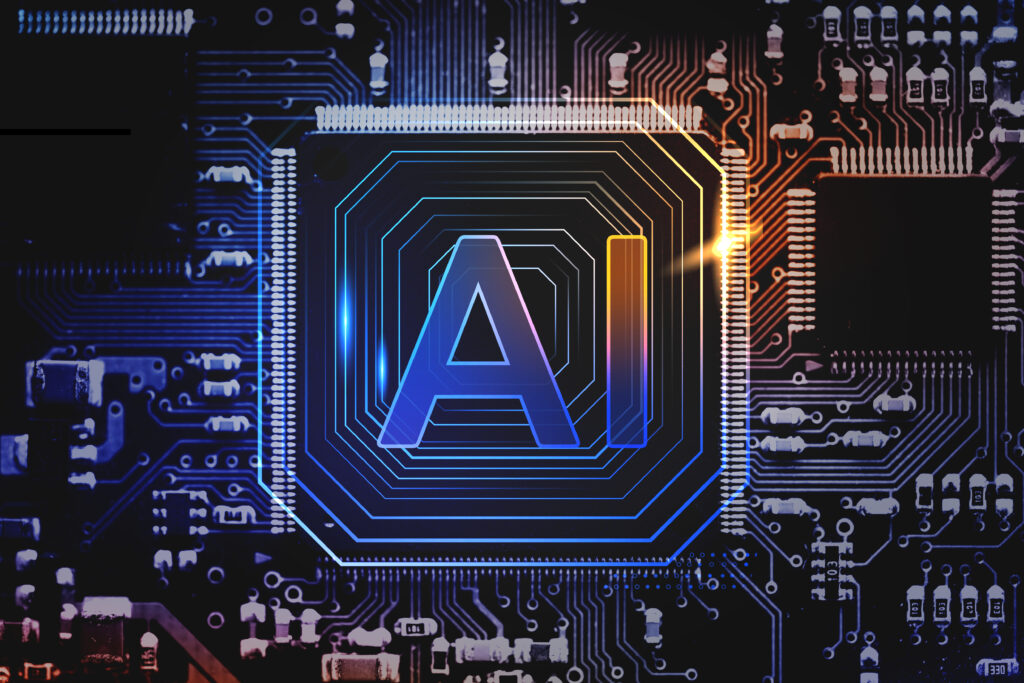Online Lecture: HPC & AI – Competition or Collaboration?
On 26 November 2025 at 10:00, we are hosting a special online lecture dedicated to the rapidly evolving topic of the interplay between high-performance computing (HPC) and artificial intelligence (AI). Our guest will be Erwin Laure, one of the most prominent figures in the European HPC ecosystem.
Date and Time:
Tuesday, 26 November 2025 | 10:00 CEST
Online | Free Registration
Erwin Laure serves as the Director of the Max Planck Computing and Data Facility (MPCDF) within the Max Planck Society in Garching near Munich. He is also an Honorary Professor at the Technical University of Munich. He has extensive experience in high-performance computing (HPC), scientific simulations, and data infrastructures, and in recent years has been deeply involved in artificial intelligence and its applications in research. Under his leadership, MPCDF supports dozens of research institutes and is considered one of Europe’s leading centers for scientific computing.
The webinar will be held in English.
Lecture topic: HPC & AI – Competition or Collaboration
The growing influence of generative artificial intelligence is fundamentally changing the way scientists work with data, model complex phenomena, and develop scientific predictions. AI is no longer merely a tool for image analysis—it is increasingly entering domains traditionally dominated by classical HPC simulations. The lecture will explore whether AI can replace simulations in certain cases, what advantages arise from combining both approaches, and how these trends are shaping scientific research.
You can expect an overview of real-world AI applications within the Max Planck Society, examples of successful AI deployment across various scientific domains, and a discussion on how rapidly the role of AI is changing within the international research landscape. The lecture will also address the significant technological shifts that AI is bringing to the hardware sector. Chip manufacturers are increasingly prioritizing low-precision architectures optimized for training AI models, a trend that has long-term implications for the availability and development of HPC technologies.
Generative AI has become widely adopted thanks to large language models and is increasingly entering scientific workflows. While AI has long been established in image-based data analysis, in many other domains it is still in an experimental phase—yet this is changing rapidly. A recent example is the ECMWF’s decision to use AI in its weather forecasting. AI is also reshaping the HPC hardware market, where the high numerical precision required for scientific simulations is no longer essential, and chip manufacturers are shifting toward architectures optimized for AI. The lecture will highlight how these trends are influencing scientific computing and why the effective use of AI can provide a significant competitive advantage.
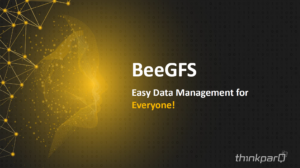 BeeGFS in Practice — Parallel File Systems for HPC, AI and Data-Intensive Workloads 6 Feb - This webinar introduces BeeGFS, a leading parallel file system designed to support demanding HPC, AI, and data-intensive workloads. Experts from ThinkParQ will explain how parallel file systems work, how BeeGFS is architected, and how it is used in practice across academic, research, and industrial environments.
BeeGFS in Practice — Parallel File Systems for HPC, AI and Data-Intensive Workloads 6 Feb - This webinar introduces BeeGFS, a leading parallel file system designed to support demanding HPC, AI, and data-intensive workloads. Experts from ThinkParQ will explain how parallel file systems work, how BeeGFS is architected, and how it is used in practice across academic, research, and industrial environments.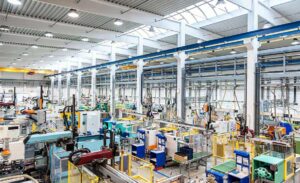 When a production line knows what will happen in 10 minutes 5 Feb - Every disruption on a production line creates stress. Machines stop, people wait, production slows down, and decisions must be made under pressure. In the food industry—especially in the production of filled pasta products, where the process follows a strictly sequential set of technological steps—one unexpected issue at the end of the line can bring the entire production flow to a halt. But what if the production line could warn in advance that a problem will occur in a few minutes? Or help decide, already during a shift, whether it still makes sense to plan packaging later the same day? These were exactly the questions that stood at the beginning of a research collaboration that brought together industrial data, artificial intelligence, and supercomputing power.
When a production line knows what will happen in 10 minutes 5 Feb - Every disruption on a production line creates stress. Machines stop, people wait, production slows down, and decisions must be made under pressure. In the food industry—especially in the production of filled pasta products, where the process follows a strictly sequential set of technological steps—one unexpected issue at the end of the line can bring the entire production flow to a halt. But what if the production line could warn in advance that a problem will occur in a few minutes? Or help decide, already during a shift, whether it still makes sense to plan packaging later the same day? These were exactly the questions that stood at the beginning of a research collaboration that brought together industrial data, artificial intelligence, and supercomputing power.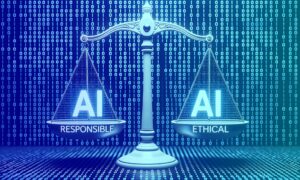 Who Owns AI Inside an Organisation? — Operational Responsibility 5 Feb - This webinar focuses on how organisations can define clear operational responsibility and ownership of AI systems in a proportionate and workable way. Drawing on hands-on experience in data protection, AI governance, and compliance, Petra Fernandes will explore governance approaches that work in practice for both SMEs and larger organisations. The session will highlight internal processes that help organisations stay in control of their AI systems over time, without creating unnecessary administrative burden.
Who Owns AI Inside an Organisation? — Operational Responsibility 5 Feb - This webinar focuses on how organisations can define clear operational responsibility and ownership of AI systems in a proportionate and workable way. Drawing on hands-on experience in data protection, AI governance, and compliance, Petra Fernandes will explore governance approaches that work in practice for both SMEs and larger organisations. The session will highlight internal processes that help organisations stay in control of their AI systems over time, without creating unnecessary administrative burden.
